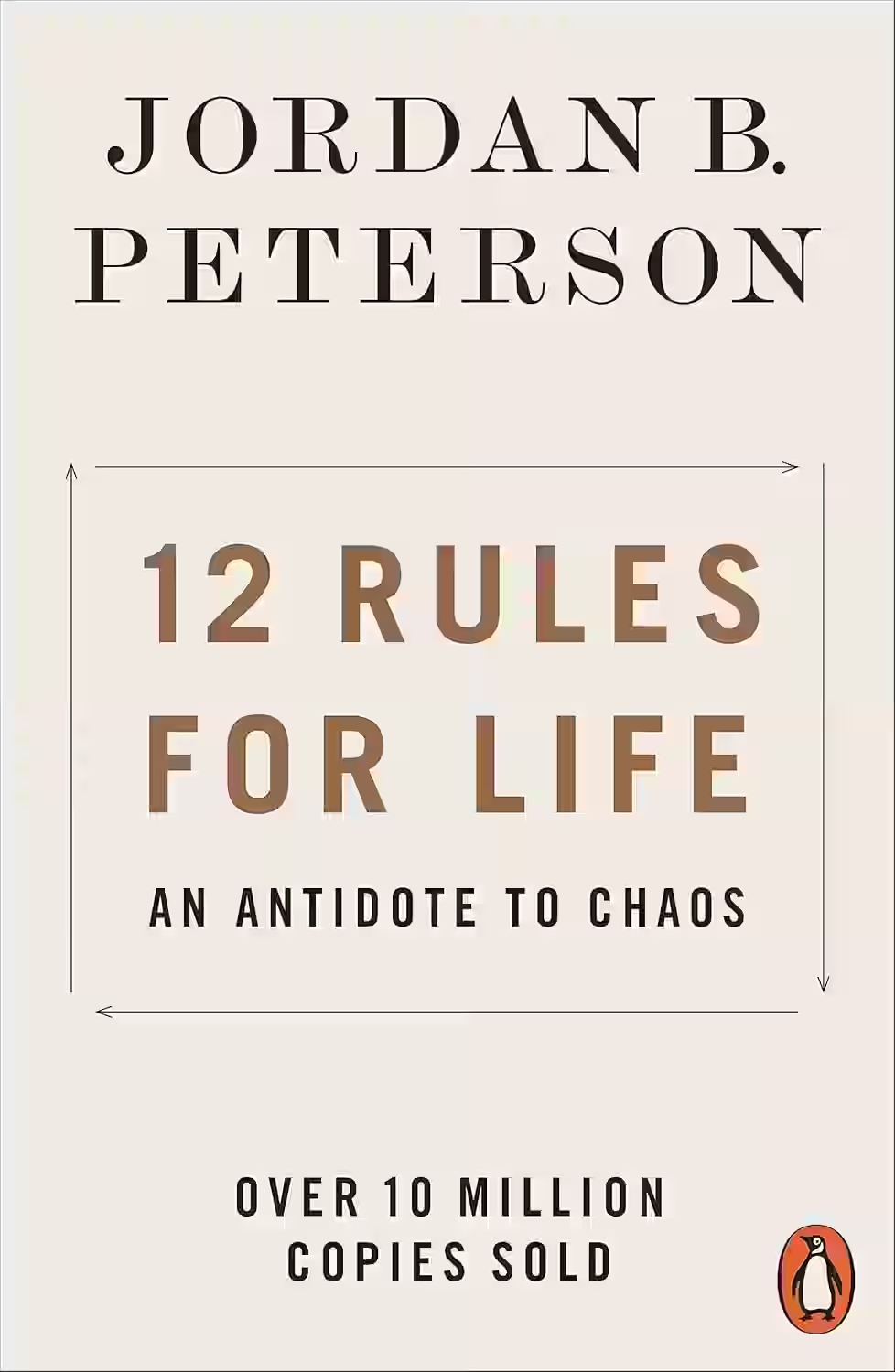
In 12 Rules for Life, clinical psychologist Jordan B. Peterson presents life principles aimed at navigating chaos with order and purpose. Drawing from psychology, mythology, religion, and personal anecdotes, he discusses topics like personal responsibility, discipline, truth-telling, and meaning. Each chapter focuses on a distinct rule—such as “Stand up straight with your shoulders back” or “Pet a cat when you encounter one on the street.” Provocative and deeply philosophical, the book encourages readers to confront suffering and create order in their lives.
About Jordan B. Peterson
A Canadian clinical psychologist, author, and public speaker, who gained international prominence for his views on culture, religion, and psychology. His bestselling book, 12 Rules for Life: An Antidote to Chaos, offers practical advice on personal responsibility, meaning, and self-improvement, drawing from mythology, philosophy, and psychology. Peterson's often controversial and thought-provoking ideas have sparked widespread debate and resonated with a global audience seeking guidance for navigating modern life.
Other Books by Jordan B. Peterson
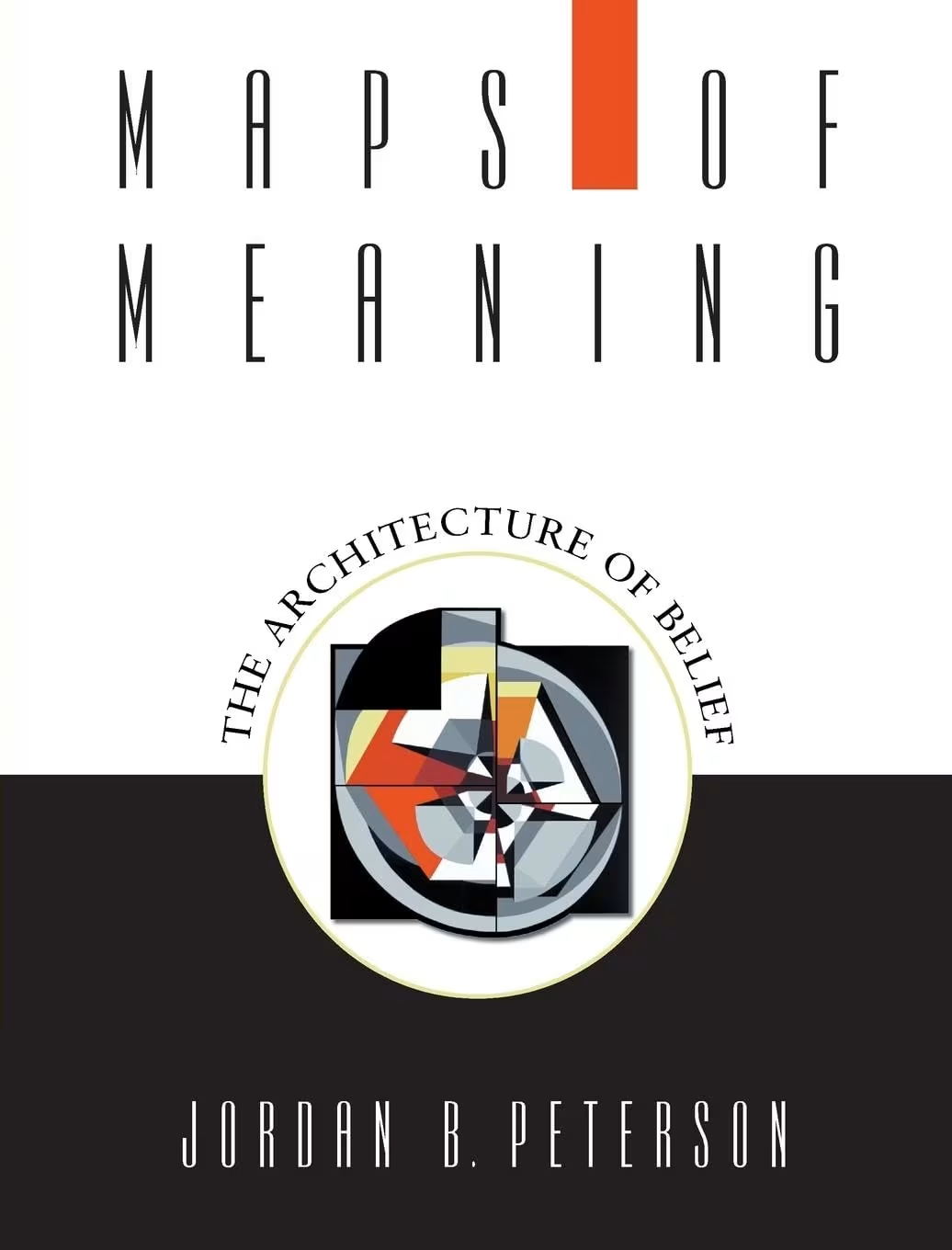
Maps of Meaning: The Architecture of Belief
In 'Maps of Meaning: The Architecture of Belief,' Jordan B. Peterson delves into the exploration of symbolism, religion, and the human psyche. By dissecting myths, psychology, and philosophy, Peterson uncovers the underlying patterns that shape our beliefs and behavior. He delves into the concept of chaos and order, elucidating how individuals navigate the complexities of existence. Through a blend of academic rigor and accessible language, Peterson offers readers insights into the nature of meaning and the power of storytelling in shaping our understanding of the world. This thought-provoking and intricate book challenges readers to contemplate the structure of their beliefs and the profound impact of culture on our lives.
Similar Books
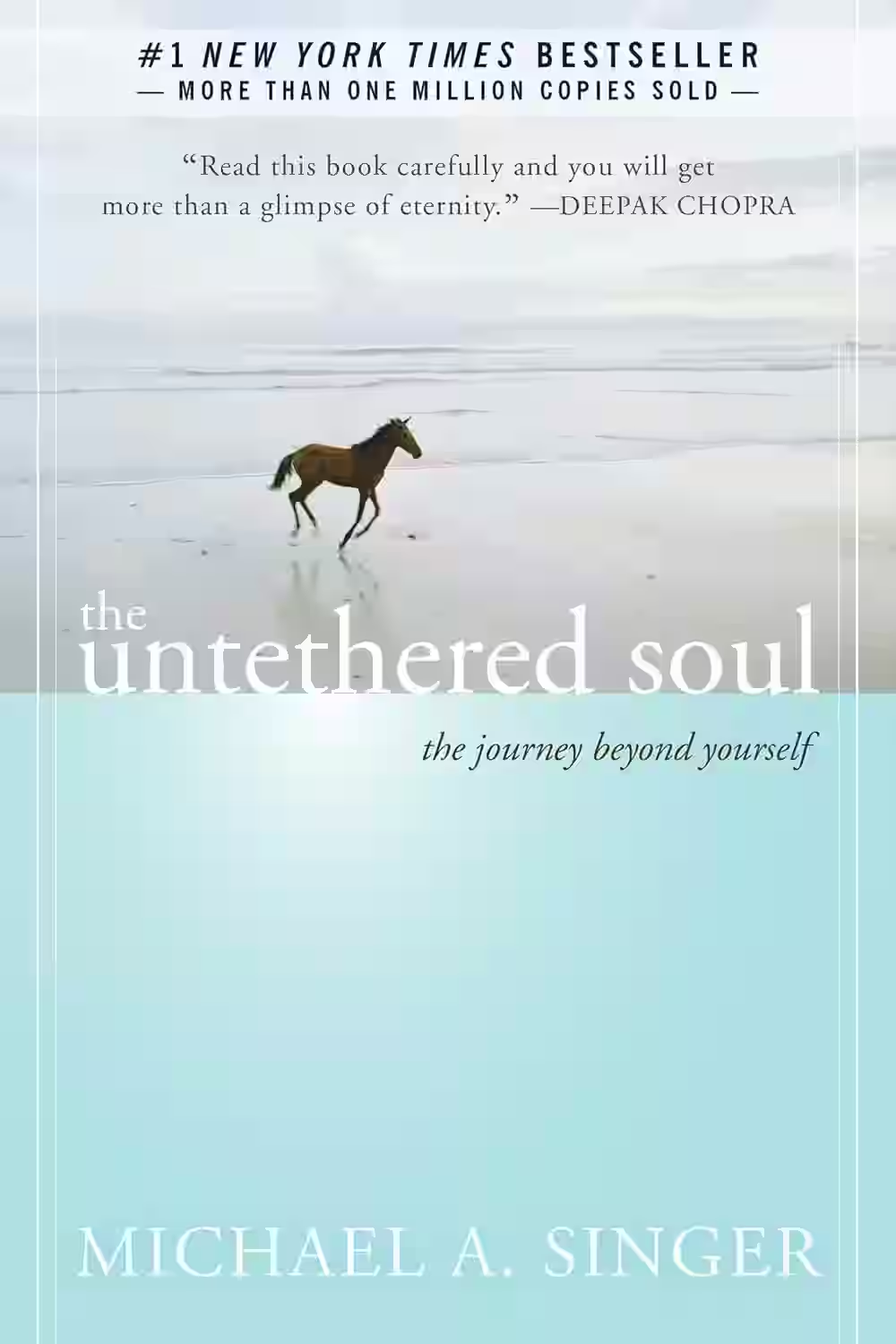
The Untethered Soul
The Untethered Soul is a spiritual and psychological exploration of consciousness, identity, and inner freedom. Michael A. Singer invites readers to observe their thoughts and emotions without attachment, helping them transcend internal limitations and live in the present moment. Drawing from mindfulness and Eastern philosophy, the book emphasizes awareness as the key to personal liberation. Through practical guidance and reflective questions, Singer teaches how to release fear, embrace stillness, and cultivate peace regardless of external circumstances. The Untethered Soul offers a deeply calming and transformative approach for anyone seeking to quiet their mind and reconnect with their deeper self.
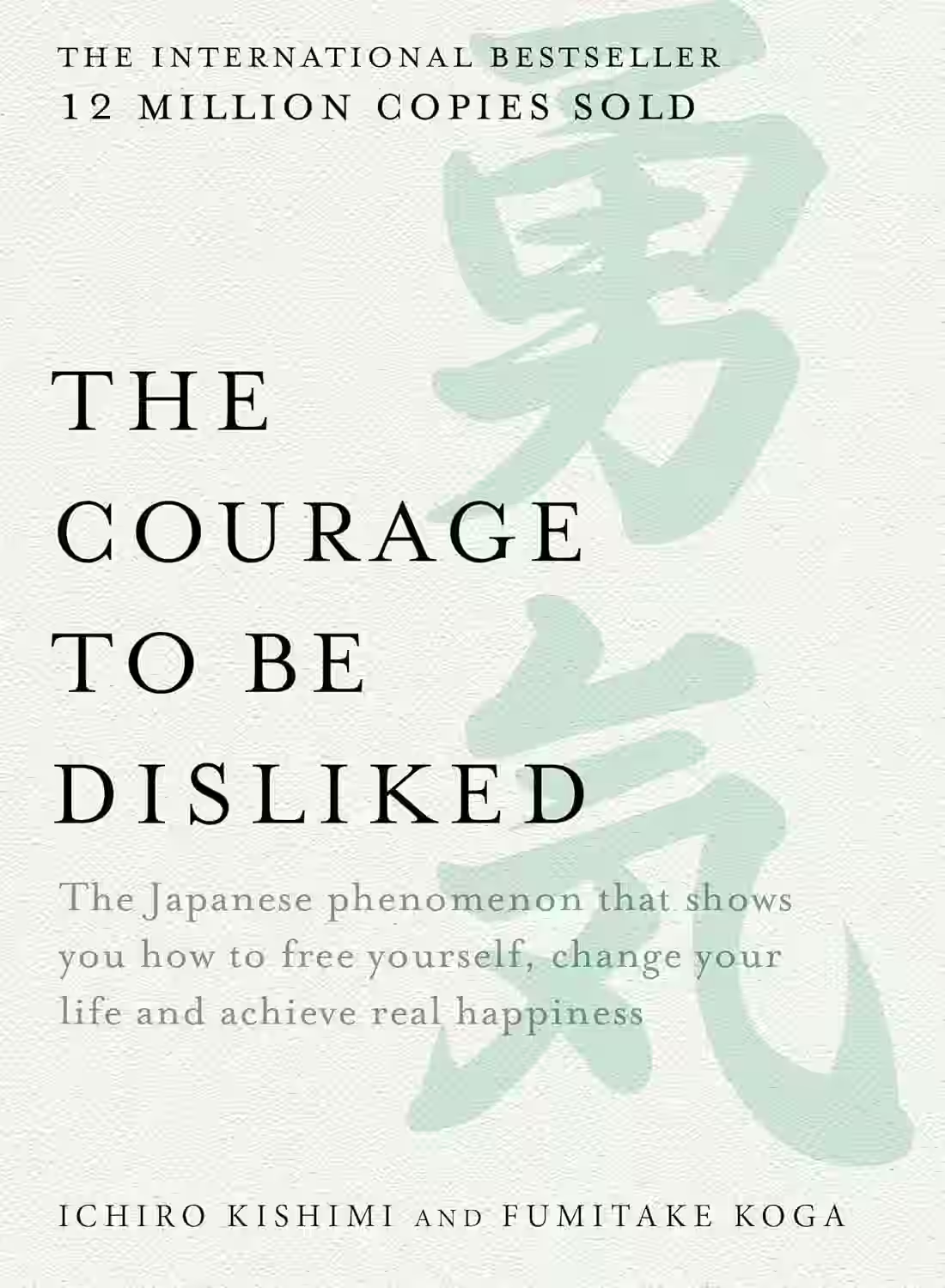
The Courage To Be Disliked
by Ichiro Kishimi, Fumitake Koga
This bestselling Japanese philosophy book presents a dialogue between a philosopher and a young man, exploring ideas based on Alfred Adler's psychology. It argues that happiness lies in the courage to be true to oneself and to reject the need for approval from others. Through a Socratic conversation, it challenges readers to let go of past trauma, take personal responsibility, and live with freedom. The book encourages breaking free from societal expectations and embracing a more purposeful, self-directed life.
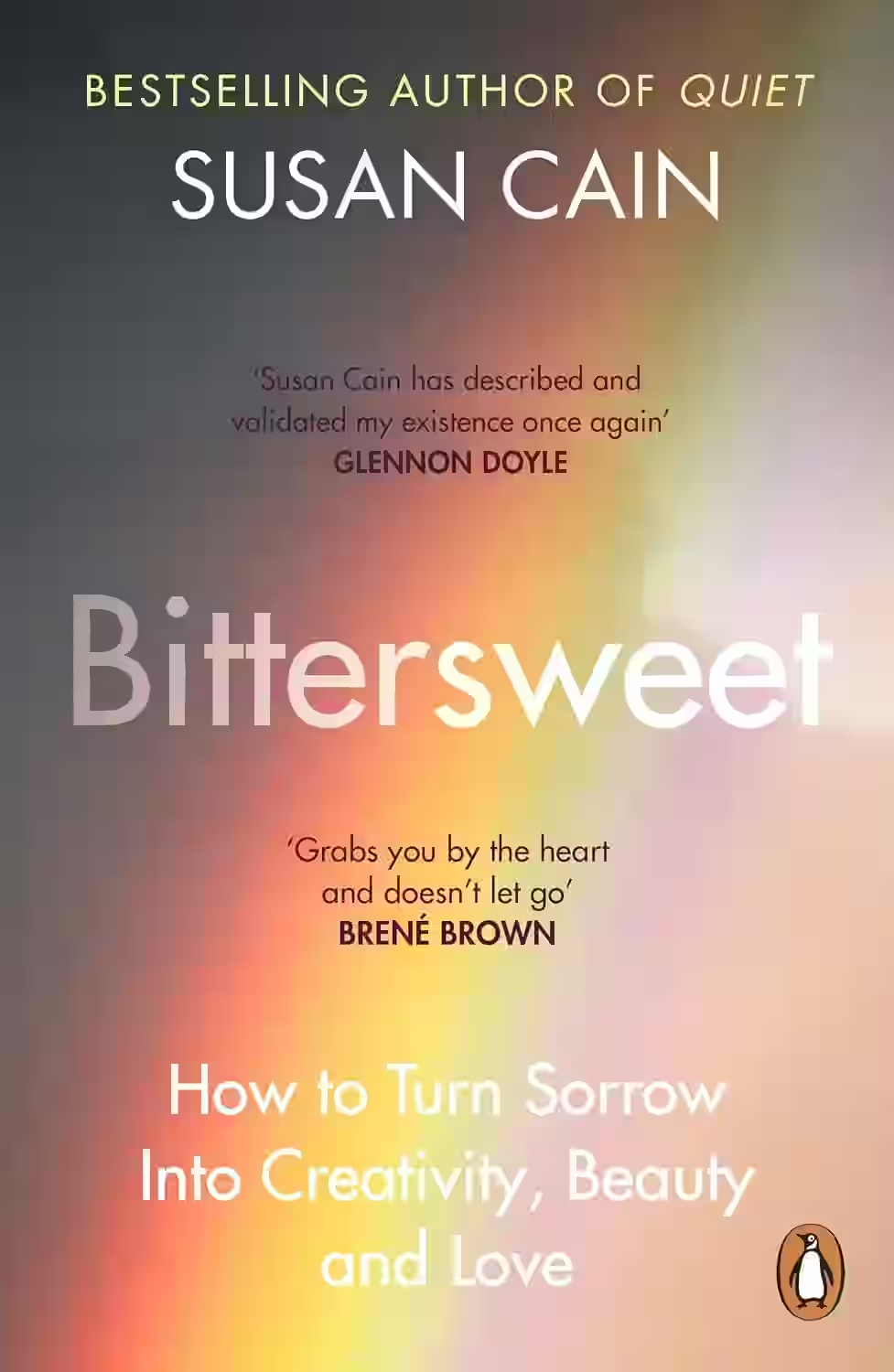
Bittersweet
by Susan Cain
In Bittersweet, Susan Cain examines the power of embracing sorrow and longing as essential aspects of the human experience. She argues that acknowledging and accepting these emotions can lead to greater creativity, connection, and fulfillment. Drawing on research and personal anecdotes, Cain challenges the cultural emphasis on constant positivity, advocating for a more nuanced understanding of happiness. The book offers a compelling perspective on the value of melancholy and its role in leading a meaningful life.
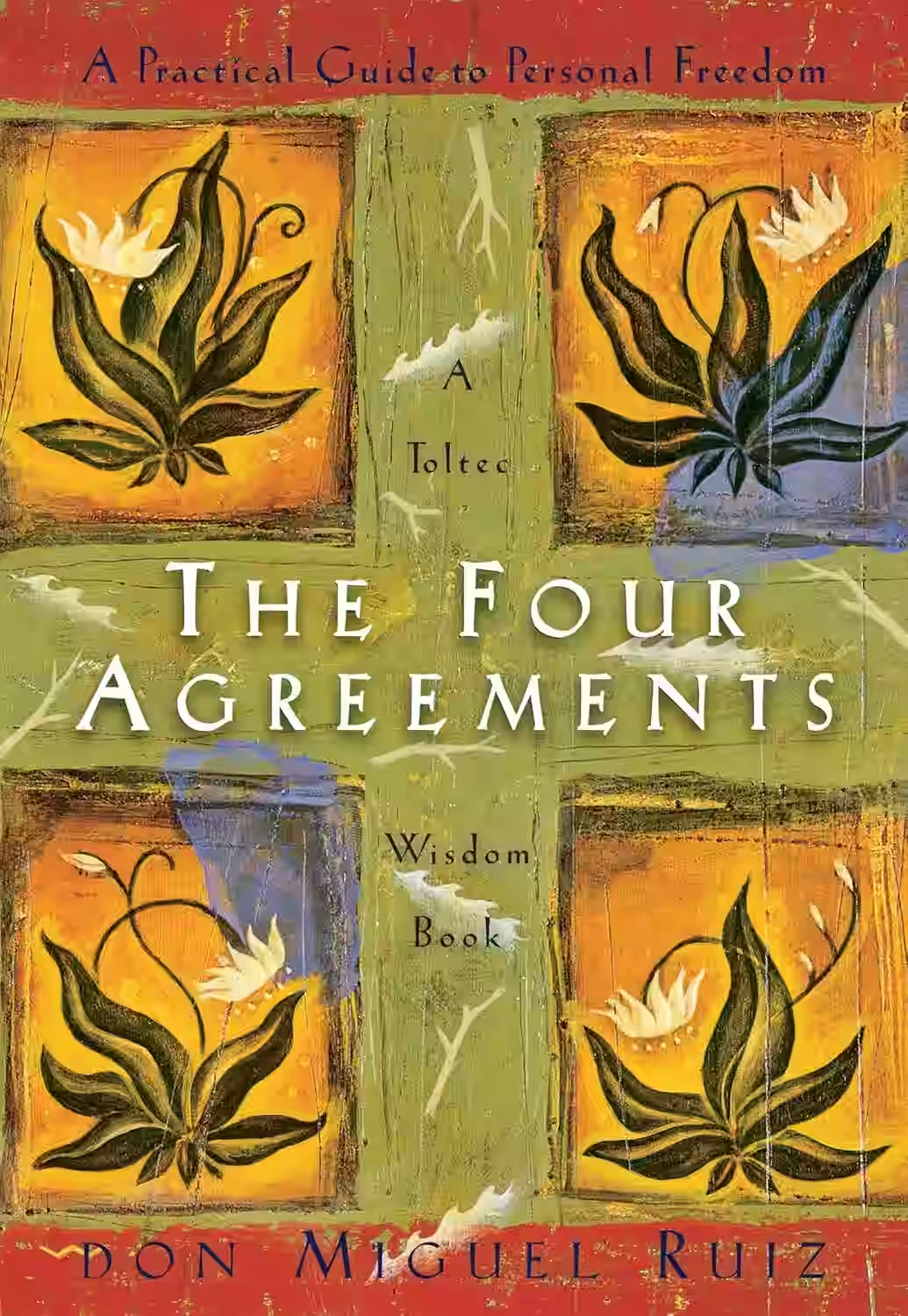
The Four Agreements
In The Four Agreements, Don Miguel Ruiz presents a code of conduct based on ancient Toltec wisdom, aiming to help individuals achieve personal freedom and happiness. The four agreements are: be impeccable with your word, don't take anything personally, don't make assumptions, and always do your best. Ruiz explains how these principles can transform one's life by breaking self-limiting beliefs and fostering a sense of peace and purpose. The book offers a practical guide to personal growth and spiritual enlightenment.